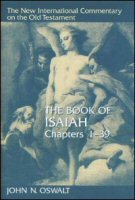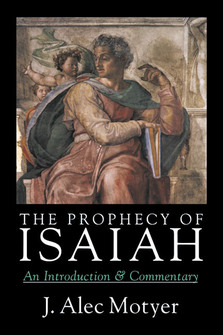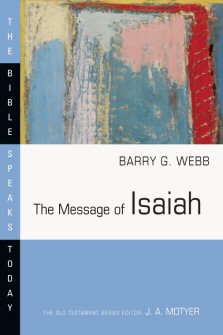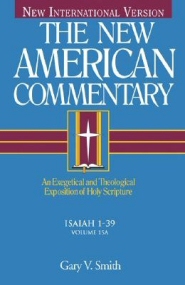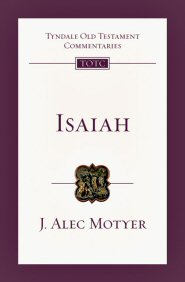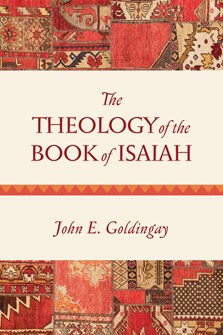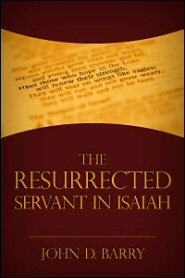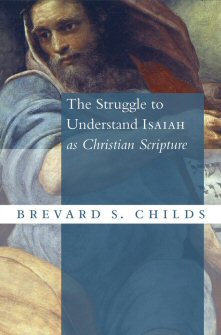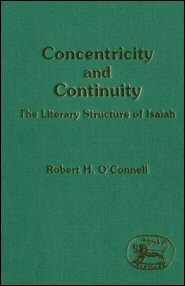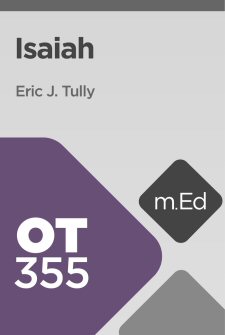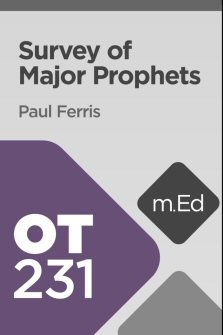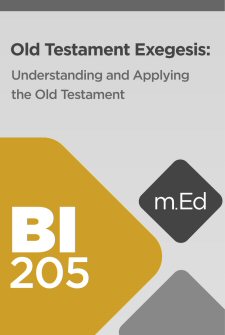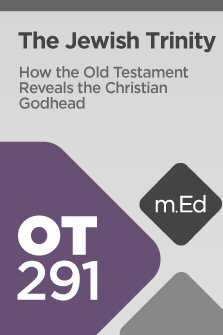Isaiah
Planning for an expositional sermon series on a book of the Bible typically involves hours of reading and studying the Bible and other resources before fleshing everything out. Often, preachers amass a small library for each book of the Bible they preach on. The Isaiah Expository Preaching Kit (L) does this for you. It curates the best Bible study materials (commentaries, Bible dictionaries, and expositional books) on the book of Isaiah along with the Bible study tools you need to streamline your sermon prep and presentation—all at an affordable price. The Isaiah Expository Preaching Kit (L) includes everything in Isaiah Expository Preaching Kit (S) and Isaiah Expository Preaching Kit (M), plus other resources like Isaiah: An Introduction and Commentary (Tyndale Old Testament Commentary | TOTC); The Book of Isaiah and God’s Kingdom: A Thematic—Theological Approach (New Studies in Biblical Theology); Commentary on Isaiah (Ancient Christian Texts Collection); and more.
Small
Medium
Large
